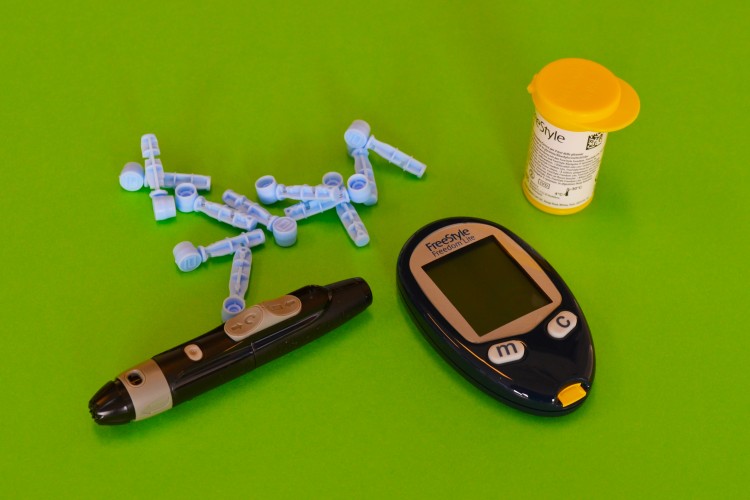
India is facing a significant health crisis as diabetes rates soar, with nearly 6.5 lakh lives claimed by the disease in 2021 alone. The country has one of the highest diabetes rates globally, with approximately 49.43% of the population exhibiting abnormal blood glucose levels. As of 2022, 27.18% of adults have been diagnosed with diabetes, while another 22.25% are classified as prediabetic [deed89f5]. Alarmingly, one-quarter of the world's adults with diabetes reside in India, a stark contrast to the situation just a few decades ago when diabetes was relatively rare in the country until the 1970s. The shift in dietary habits, largely attributed to the Green Revolution and economic liberalization in 1991, has led to increased rates of obesity and diabetes [deed89f5].
In urban areas, over 25% of adults aged 20 and older suffer from Type 2 diabetes, with nearly half of adults aged 50 and above affected. This alarming trend is exacerbated by genetic predispositions and environmental factors, including air pollution [deed89f5]. Experts emphasize the need for urgent policy reforms, education, and lifestyle changes to combat this silent epidemic. Early intervention and awareness campaigns are crucial to prevent childhood obesity, which is a significant risk factor for developing diabetes later in life.
Strengthening healthcare access and affordability is essential for effective diabetes management. The current healthcare landscape must evolve to provide better support for individuals living with diabetes, ensuring they have access to necessary treatments and education. Collective efforts from government, healthcare providers, and communities are vital to create a healthier future free from the burdens of diabetes [deed89f5].